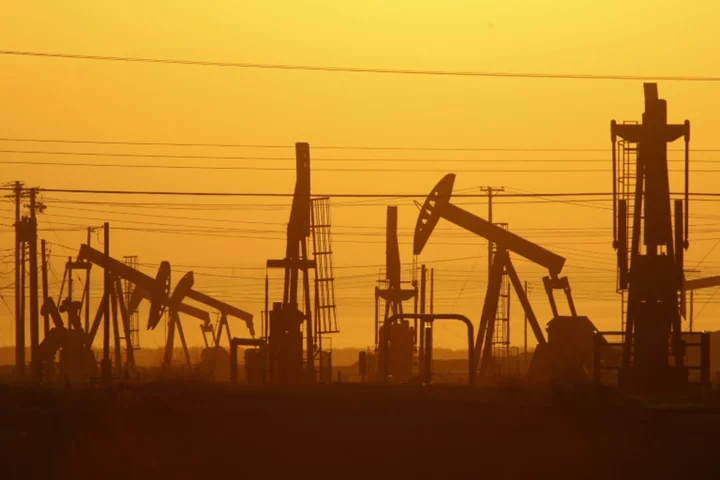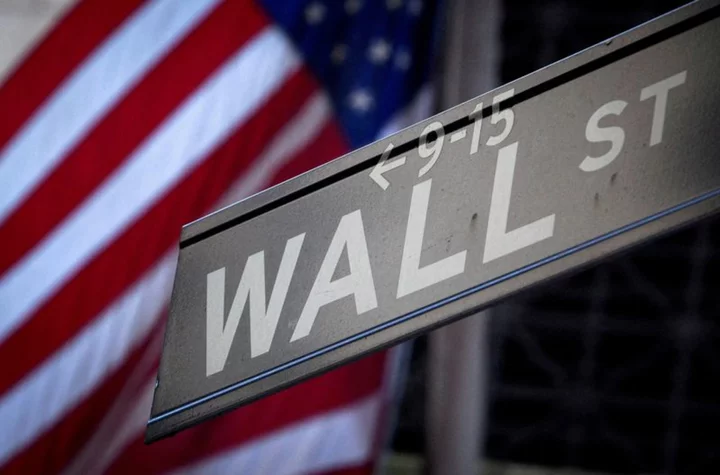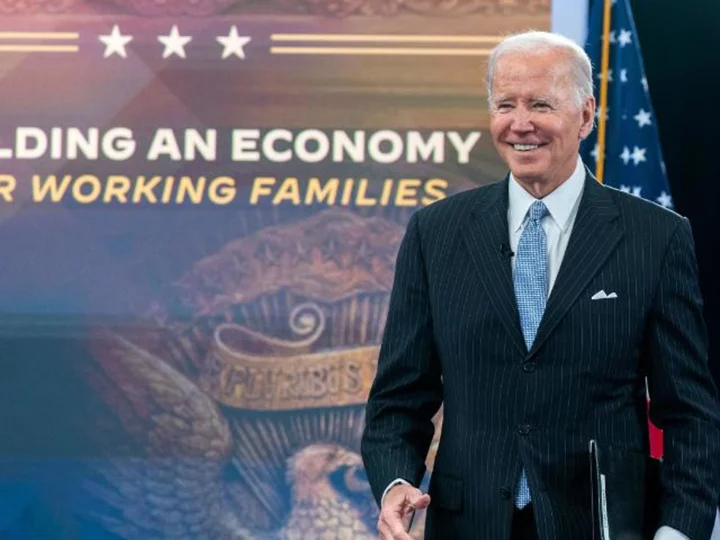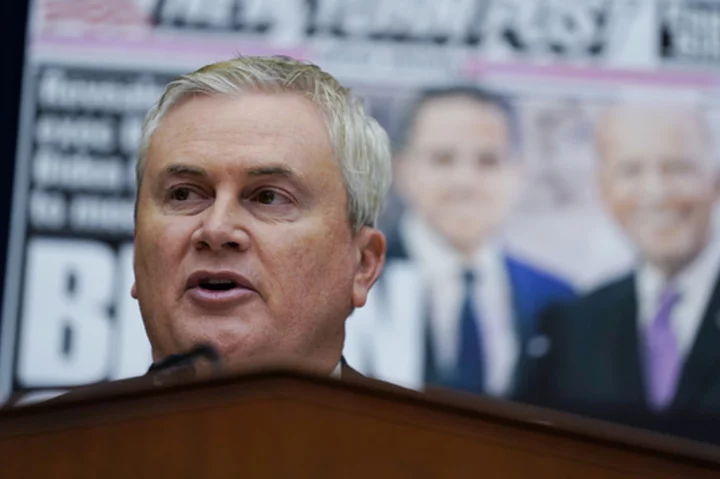Major oil-producing nations led by Riyadh and Moscow were moving towards an agreement to further slash production to prop up volatile prices, a source close to the negotiations told AFP.
Ministers from the 13-member Organization of the Petroleum Exporting Countries (OPEC) headed by Saudi Arabia and its 10 partners led by Russia have agreed to "further cut production by 600,000 to one million barrels a day", the source said.
The exact size of the fresh cuts would need to be finalized at today's last virtual meeting, which began at around 1430 GMT, the source added.
Moreover, Saudi Arabia is expected to roll over its existing voluntary cut of one million barrels per day into 2024, the source said.
Oil prices rallied at the prospect of fresh cuts, with Brent crude up by 1.3 percent around 1515 GMT.
Amid stuttering global economic growth, analysts had largely expected OPEC+ producers to extend or deepen production cuts into next year to halt the recent slump in prices.
Intense negotiations have continued in recent days as Saudi Arabia, which has borne the brunt of the cuts, sought to convince African countries to chip in by accepting lower production quotas.
Angola and Nigeria were among those countries reluctant to sign up, seeking to step up production to secure foreign currency.
- Balance -
Since the end of 2022, the alliance has implemented supply cuts of about five million barrels per day (bpd).
They initially slashed some two million barrels in their first in-person meeting after the Covid pandemic.
In May they implemented more cuts by nine members totalling 1.6 million bpd.
A month later, Riyadh announced it was to take a further one million barrels off the market, a decision extended month by month until the end of 2023 and followed to a lesser extent by Russia.
But investors have warned that cutting production might not be enough to prevent prices from plummeting.
Oil prices are far from the near-$140 a barrel peak reached after the Russian invasion of Ukraine.
But they remain above the average of the last five years, currently hovering at around $80 per barrel after nearly striking $100 in September.
Concerns among producers persist about demand softening owing to slowing economies, particularly China's -- the world's biggest importer of crude.
bur-emb-kym/rl









